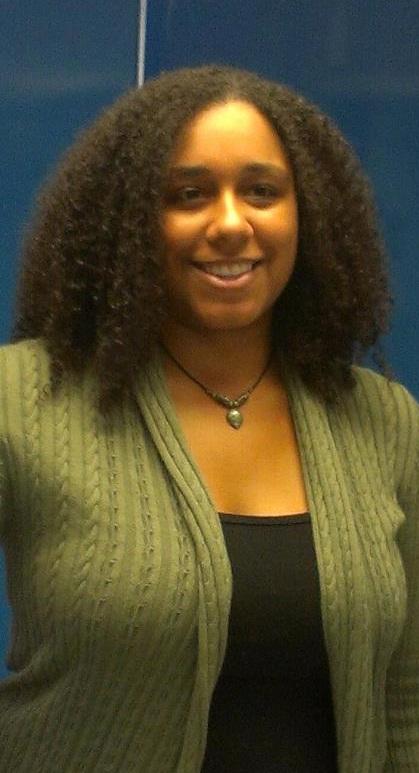October 11, 2012 | By Chloé Gurin-Sands, community engagement coordinator
The first day of the conference, we heard the opening remarks of NBJC Executive Director, Sharon Lettman-Hicks and OOTH National Chair (and ESPN/CNN journalist) LZ Granderson. We then heard from a panel of political activists and government employees about several legislative issues that are currently in the works.
We then moved to the White House for a four-hour briefing with agency liaisons, directors, advisors, and White House staff. We heard about how different divisions of the government are working to address concerns that fall within the intersection of Black & LGBT policy. We heard from the Center for Disease Control, Office of National Drug Control Policy, Urban Affairs & Economic Mobility, Department of Justice, Initiative on Historically Black Colleges & Universities, and the Department of Housing & Urban Development. We had the opportunity to ask questions about how these issues affect our communities. In addition, we heard from White House staff, who shared their experiences about what it is like to work in the White House (the atmosphere), and what President Obama has done to increase the voice and representation of LGBT people and people of color (and the intersection) in the White House – as well as trying to break the traditional age, class, and educational stereotypes of who can be a White House employee. Among other things, we learned that President Obama brought the International HIV/AIDS Conference to the US for the first time since 1990.
The second day was Issue Advocacy Day. We were briefed on 3 important legislative bills – the Safe Schools Improvement Act (anti-bullying legislation), the Eliminating Racial Profile Act, the Employment Non-Discrimination Act (which only includes LGBT identities in 29 states). We were then placed into groups with leaders, and were sent over to Capitol Hill, where NBJC had set us up with appointments with congressional representatives’ staffers. I personally got the opportunity to talk with two congressional staff teams (one Senate, one House of Representatives). We thanked them for their support on the bills they had already signed on to, and asked them to support the other bills, as well as asking them to join the Congressional caucus on domestic HIV/AIDS issues. This was by far one of the most important things we did. The experience of preparing talking points and actually using them in a discussion with Congressional staffers was invaluable. I can now say that I would feel comfortable and confident having a conversation with my own representative’s staff.
Day 3 and 4 were made up of workshops and panels. For me, the most powerful panel was the panel on Honoring & Protecting the Lives of Black Trans Women. The panel was made up of 5 black trans women (including the moderator), who shared their experiences and insights into what it means to be part of the black LGBT community, particular challenges and joys they have encountered, and the breaking of the many narratives that surround black women, trans women, and black trans women. They discussed violence, education, employment, healthcare, and much more – all within the framework of protecting the lives of trans women – there has been what is described as an epidemic of killings of black trans women in recent years. A particularly sobering example was given about how a trans man had recently died of ovarian cancer because his insurance refused to cover treatment for so-called “trans-related healthcare.” On the flip side, a positive example of healthcare given was when one woman shared that her doctor told her that: “a woman of her age should have her prostate checked.” This woman felt that her doctor’s wording (as opposed to saying: “being a trans-woman means you used to be a man, which means you have a prostate”), validated her experience and identity as a woman, while responsibly addressing all of her physical health needs.
The National Black Justice Coalition – Out on the Hill Conference was a wonderful experience for me. It gave me a lot of ideas about the areas that the Spectrum Center needs to be addressing for all intersections of identity. I was able to connect with and learn from so many people, and hear their real-life testimonials. It was also a powerful opportunity to learn and immediately put into practice critical skills for taking political action. That is really what the goal of the conference was – political empowerment of the Black, LGBT, and Black LGBT communities.

